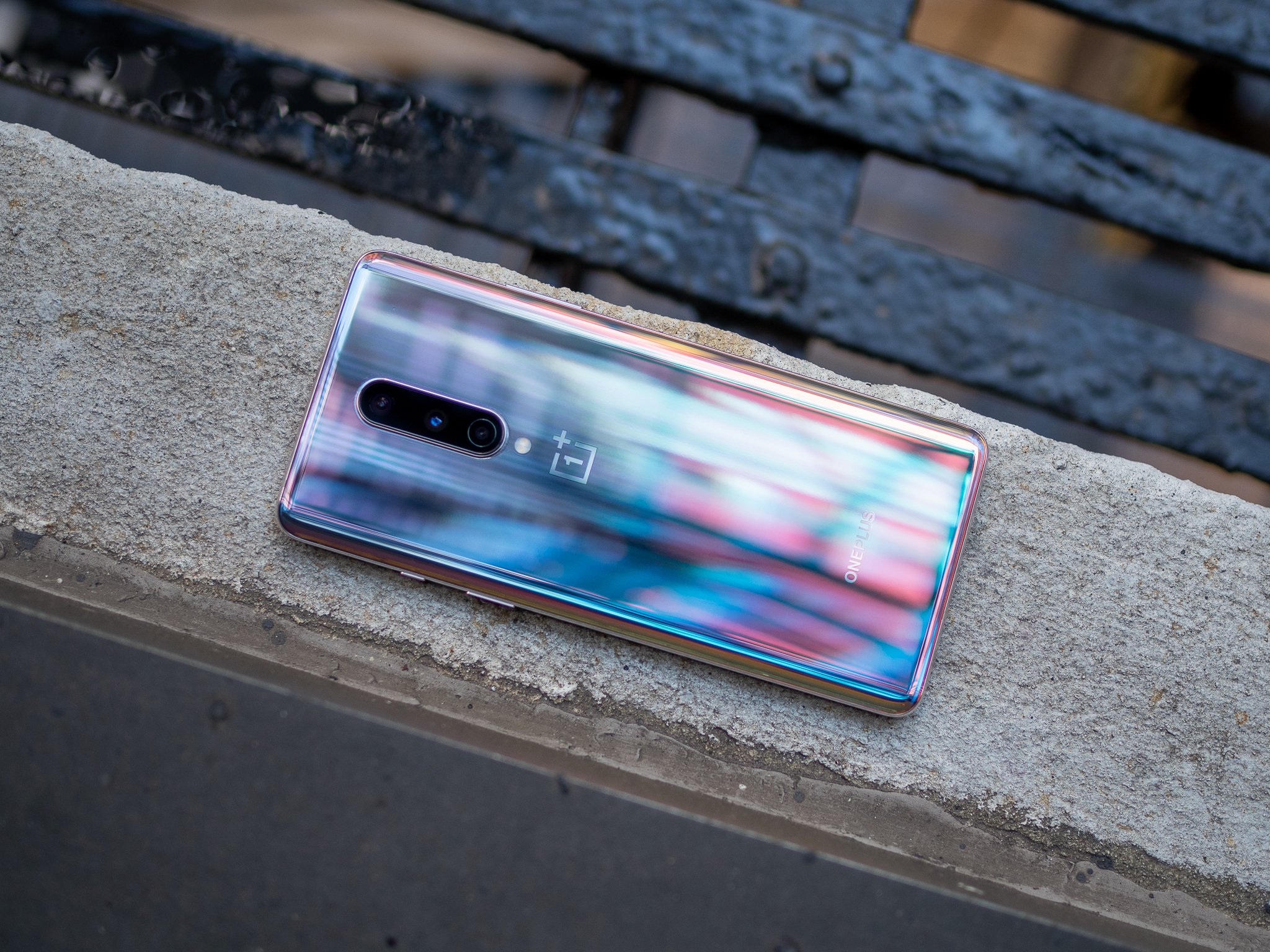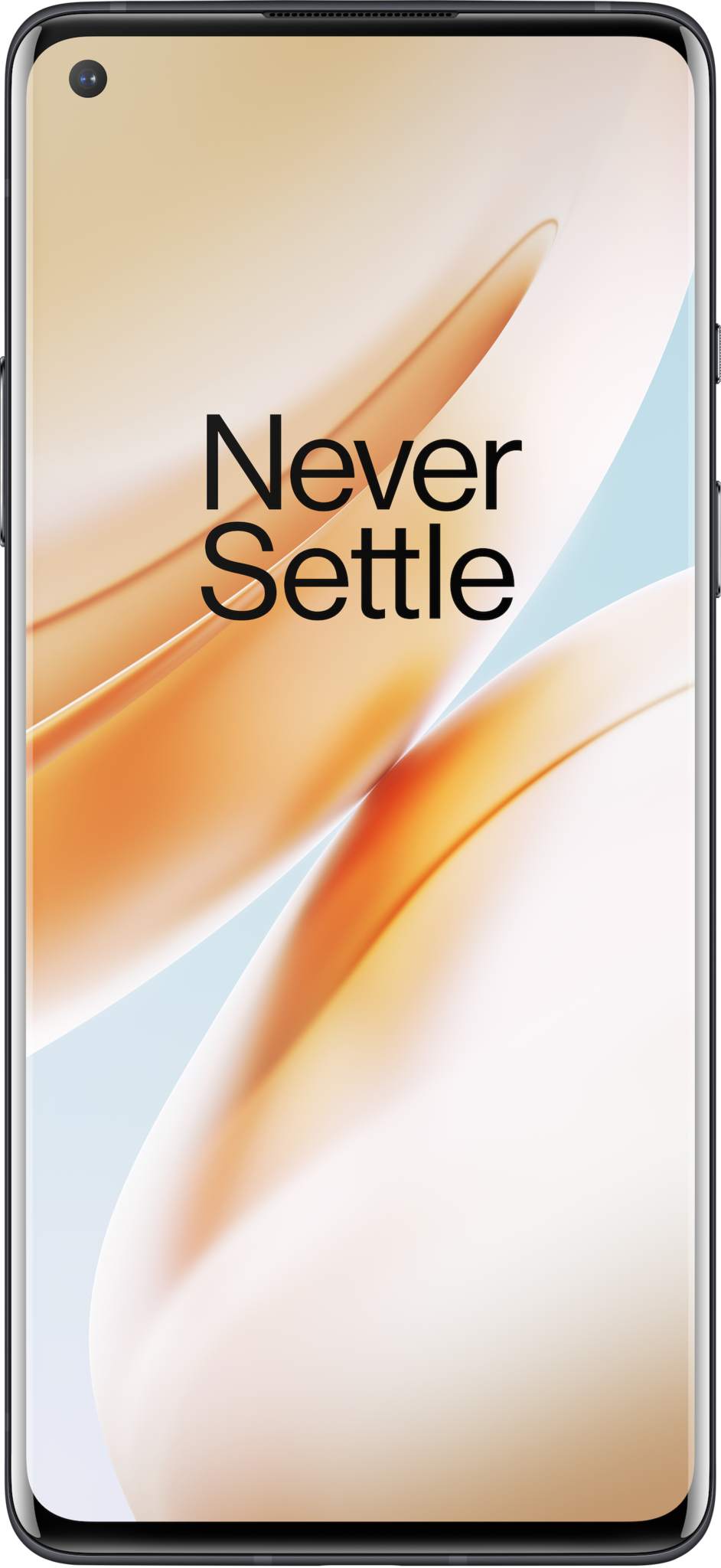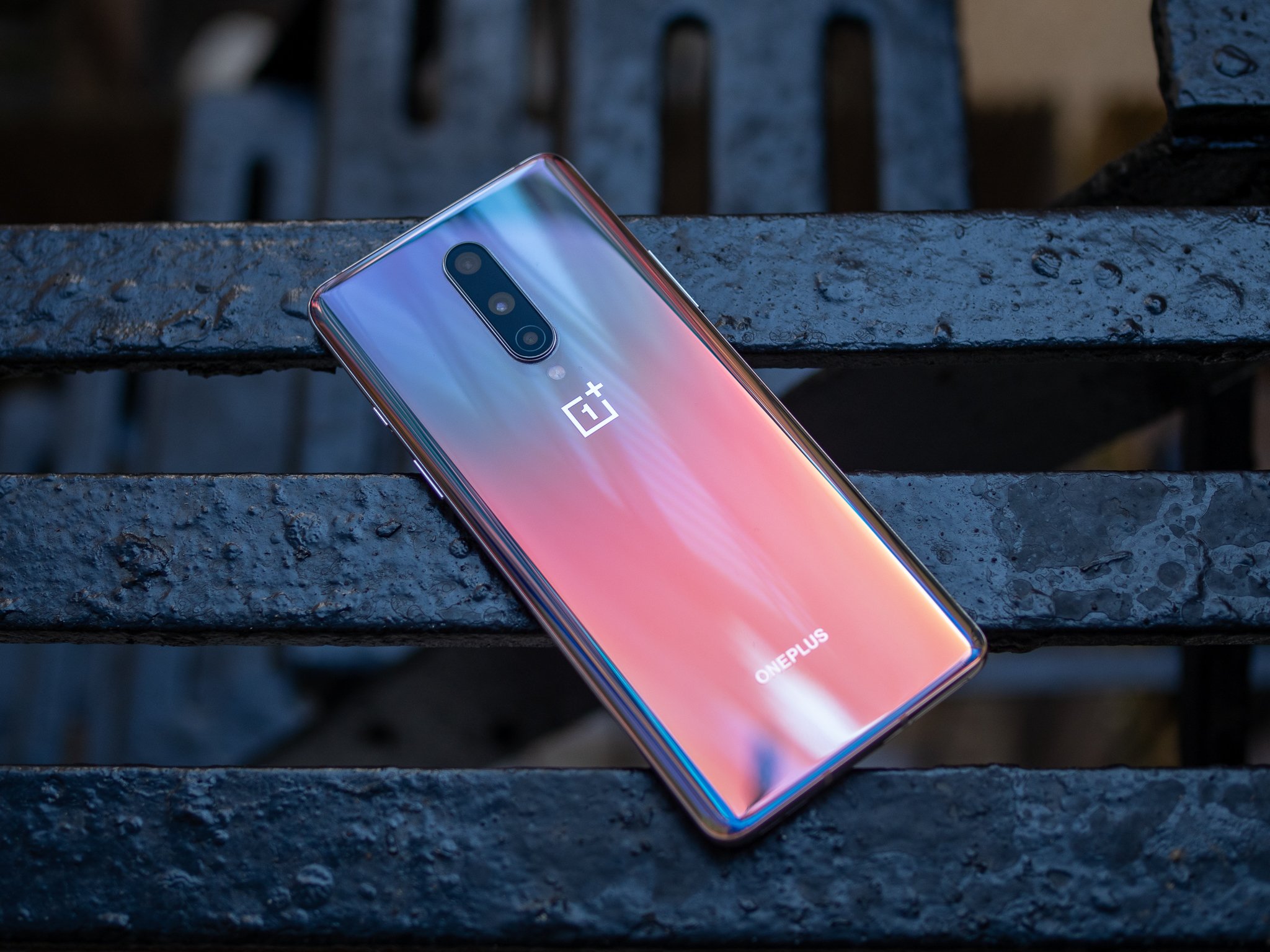OnePlus 8 review, 4 months on: Still a great phone at an awkward price
OxygenOS feels as fresh as ever, but the cameras could still use some work.
OnePlus may not be making the ultra-affordable "Flagship Killers" it once clung to, but the OnePlus 8 is still a pretty fantastic value compared to the Galaxy-branded alternatives. For $700, you get a top-of-the-line Snapdragon 865 processor, a great display with a high refresh rate, and one of the best software experiences around.
I've spent a lot of time with the OnePlus 8 this year, well beyond the initial review period, largely because I absolutely love the company's OxygenOS software. As it turns out, even after testing newer phones like the Galaxy Note 20 Ultra and LG Velvet, this phone still feels brand new, thanks to its ultra-responsive performance and even its 5G connectivity.
At a glance
OnePlus 8
Bottom line: The OnePlus 8 is still a terrific phone, with great software, 5G support, and a bright, responsive 90Hz display. It's priced awkwardly between the OnePlus 8 Pro, 7T, and Nord, but it's still worth picking up in 2020.
Pros
- Fantastic 90Hz display
- Hardware audio switch is convenient
- Eye-catching finishes
- Excellent specs and 5G support
- Good battery life
Cons
- Middling cameras
- No wireless charging or water resistance
- Expensive compared to the OnePlus Nord
Jump to:
OnePlus 8 review, 4 months on What I still love
The design of the OnePlus 8 is nothing groundbreaking or even particularly exciting, but it gets the job done. It's your typical narrow, tall slab with a metal frame and glass on the front and back. It's well put together, and depending on the color option you go for, you'll get either a glossy or frosted matte back — Interstellar Glow for the former, Glacial Green for the latter.
Your choice in color also determines the price you'll pay and the specs you'll get. With Glacial Green, the OnePlus 8 packs 8GB of RAM and 128GB of storage, while the Interstellar Glow configuration I've been using offers double the storage and 12GB of RAM. Otherwise, you're looking at the same concoction: a Snapdragon 865 processor, an X55 modem with sub-6 5G support (mmWave support is only available on the Verizon variant), and a 4300mAh battery.
The audio profile switch is a quality-of-life feature that I miss every time I switch away from a OnePlus phone.
My favorite hardware aspect of every OnePlus phone continues to be the audio profile switch above the power button, which allows you to quickly mute your phone without needing to unlock it or dig through the software. It's a nice quality-of-life feature that, while not essential, makes me look forward to new OnePlus phones whenever I switch away.
That display has held up well these last few months, too. At 6.55 inches, it definitely isn't the smallest phone out there, but thanks to the tight bezels, the phone is still a reasonable size.
With this generation of phones, OnePlus really stepped up its display game, and the OnePlus 8's Fluid AMOLED panel is bright, color-accurate, and responsive with a 90Hz refresh rate.
I also still love OnePlus's OxygenOS software, which adds a layer of customizability to the phone without straying far from Android 10 as Google envisioned it. Of course, that's all about to change — the upcoming OxygenOS 11 update much more closely resembles Samsung's One UI, and while I'm not so sure that's a bad thing, I'm enjoying the software as it is in its current form.
This one's a bit strange, since I'm not usually a fan of most cases, but OnePlus even manages to do those well. Of course, there's the usual assortment of options like sandstone and carbon fiber, but I've been partial to the nylon bumper case, which adds some much-needed grip and an interesting texture without too much bulk.
OnePlus 8 review, 4 months on Still room for improvement
As much as I love OxygenOS, it isn't without its quirks. Perhaps the most irritating is all of the Chrome hangups; often and seemingly at random, Google Chrome just freezes up while I'm scrolling through a page. It's a long-documented problem that's been reported on by a number of my colleagues, and it's something I've run into with both the 7T before my time with the OnePlus 8, and the 8 Pro after. I've yet to try another browser (I hear Brave is good!), but it's a major annoyance that I just don't have to deal with on phones from other brands.
It's also missing some of the ancillary features its Pro counterpart boasts, namely water resistance and wireless charging. These aren't huge losses in a $500 phone, but when you're spending $700, it's a bit of a letdown to see missing. While I'm at it, there's no headphone jack either, nor is there microSD expandability.
And while the cameras aren't bad by any means, and they're certainly better than what we've seen on previous OnePlus phones, in the age of phones like the Pixel 4a delivering better optics and image processing for half the price, it's hard to get terribly excited about them. I've taken some decently good photos with the 48MP main sensor, but the ultra-wide leaves a lot to be desired — though I'm thankful they opted for this over a 2x telephoto.
On the other hand, I could have done completely without the 2MP macro sensor. It's become a bit of a trend with 2020 handsets, and a major point of contention with each offender. Don't get me wrong, macro lenses can be great, and even OnePlus proved it with last year's 7T, whose ultra-wide lens doubled as a macro. But with only 2MP to work with, even in-focus shots (which are remarkably difficult to land) are massively lacking in detail.
OnePlus 8 review, 4 months on The competition
Whenever a company puts out enough products in different price categories, it inevitably risks cannibalizing its own sales, and that's especially true of OnePlus's current lineup. At $700, the OnePlus 8 is awkwardly priced between the company's flagship, the OnePlus 8 Pro, and last year's 7T, which the company is still selling.
Both alternatives are excellent phones with their own advantages over the 8 (better cameras and a lower price each come to mind, respectively), and potential buyers outside of the U.S. also have the OnePlus Nord to consider, which brings an extremely similar experience to the company's lowest price point in years.
Outside of the company's own selection, $700 puts the OnePlus 8 right in line with the LG V60, a phone with outstanding battery life and an optional Dual Screen attachment for multitasking. For a bit more, you can also grab a phone like the Galaxy S20, which benefits from better cameras, expandable storage, and a compact form factor.
OnePlus 8 review, 4 months on Should you buy it?
Who it's for
- Those who want clean, flexible software
- Those looking to experience 5G
- Power users looking for the latest Snapdragon processor
- Those looking for a fast 90Hz display
Who it isn't for
- Photographers who want the best camera experience
- Those looking for a small, compact phone
- Buyers on a tight budget
The OnePlus 8 is still a great phone, but it comes with a handful of caveats. No wireless charging or water resistance is a bit of a bummer at this price, especially when you can get both plus better cameras and an even faster display for just $200 more, or most of the same features in the 7T for $250 less. We're also rapidly approaching the OnePlus 8T — at least, if the company's usual six-month release cycle is any indicator.
If you're after the absolute best phone OnePlus can offer, the 8 Pro is absolutely a better buy, but for all else, the OnePlus 8 is still a good option. It's a bit smaller than the Pro, which I appreciate, and between the terrific display, excellent and (mostly) responsive software, and respectable cameras, it's a fantastic phone. But OnePlus has priced it awkwardly in-between a handful of other great phones, and you'll need to bear that in mind when considering it.
OnePlus 8
The OnePlus 8 is still a terrific phone, with great software, 5G support, and a bright, responsive 90Hz display.
from Android Central - Android Forums, News, Reviews, Help and Android Wallpapers https://ift.tt/2YyM9ps
via IFTTT
 Reviewed by site
on
3:44 ص
Rating:
Reviewed by site
on
3:44 ص
Rating:






















ليست هناك تعليقات: